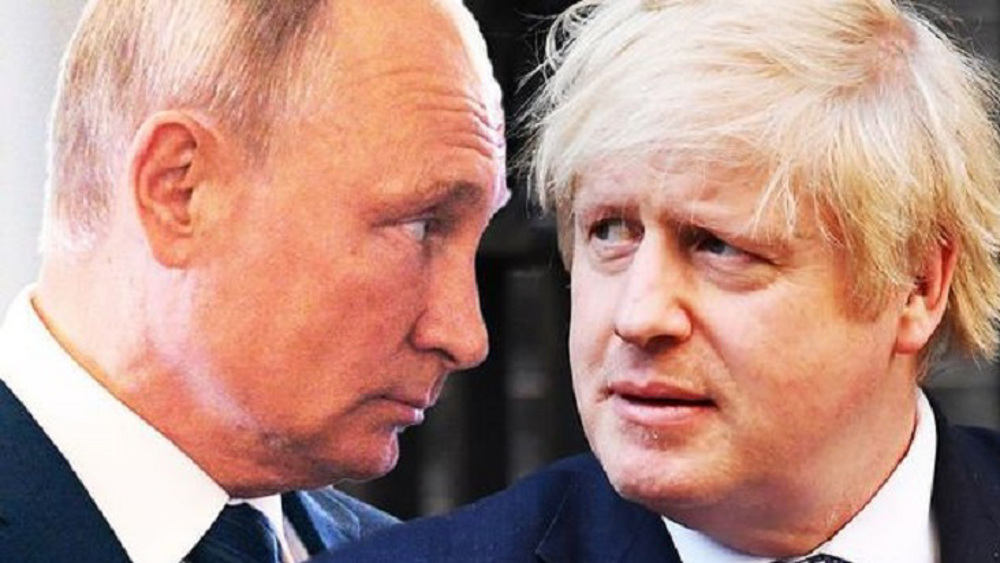Long-awaited Russia Report triggers political storm in Britain
The long-awaited report into alleged Russian “interference” in British national life was finally released today after the government caved into public pressure.
The report’s key finding is that the British intelligence community took their “eye off the ball” over alleged Russian interference in the UK’s national life and more broadly the government has “badly underestimated” the alleged threat.
The report has been released by the House of Commons’ Intelligence and Security Committee (ISC) after the government finally gave the green light following months of delays and stonewalling.
The main highlights of the 47-page report - key parts of which have been censored or redacted - include:
- The British Security Service (MI5) failed to “fully investigate” the extent of Moscow’s interference in the Brexit referendum of June 2016 for fear of “being seen” to interfere in “democratic processes”.
- Russia had tried to “influence” the outcome of the Scottish independence referendum in September 2014.
- Russian influence in the UK is the “new normal” with many Russians linked to the political establishment in their home country living and working freely in the UK, in part accepted because of their “wealth”.
- Members of the House of the Lords with “business links” to Russia are at risk of “exploitation” by Russian intelligence services.
- The Official Secrets Act (the UK’s main judicial weapon against espionage) is “out of date” and new laws are needed to curb intelligence gathering and “illicit financial dealings” by members of the Russian elite residing in London.
In his immediate response to the ISC report, foreign secretary Dominic Raab, refused to be drawn on details and simply said: “We will be resolute in defending our country, our democracy and our values from such hostile state activity”.
Meanwhile, shadow foreign secretary, Lisa Nandy, tweeted that the government should “study the conclusions of the report carefully and take the necessary steps to keep our country safe”.
The publication of the report is widely judged to be an embarrassment to the government even though it does not contain any bombshells on links between the ruling Conservative Party and Russian oligarchs living in Britain.
Furthermore, the government is not in an ideal position to deal with the security, political and financial threats outlined by the ISC, not least because its relationship with the newly-elected head of the ISC is far from ideal.
The dissident Tory MP, Julian Lewis, was elected to chair the ISC on July 15 but had the Conservative whip removed from him barely hours after he took over the leadership of the powerful committee.
Lewis is known to take an independent view on foreign policy issues and rarely toes the government line when he is in disagreement with it. Most famously Lewis was consistently opposed to British military intervention in the long-running Syrian conflict.
VIDEO | Iran's president urges Pope to help end Israel's onslaught in Gaza
Iran's senior legal official: ICC arrest warrants for Netanyahu ‘great victory'
Nov. 21: ‘Axis of Resistance’ operations against Israeli occupation
VIDEO | Israeli forces storm West Bank’s Jenin again, target civilians
Iran activates advanced centrifuges after IAEA's 'unjust' resolution
VIDEO | Press TV's news headlines
Iran FM: Response to Israeli aggression 'inevitable'
VIDEO | Iran eases the rules for exporting hand-woven carpets












 This makes it easy to access the Press TV website
This makes it easy to access the Press TV website